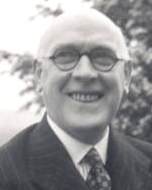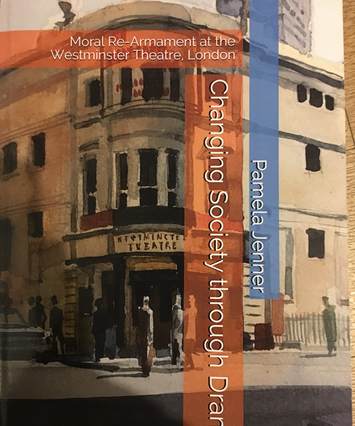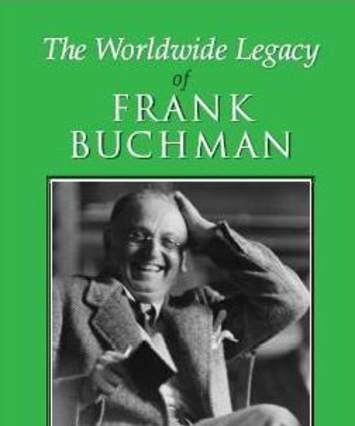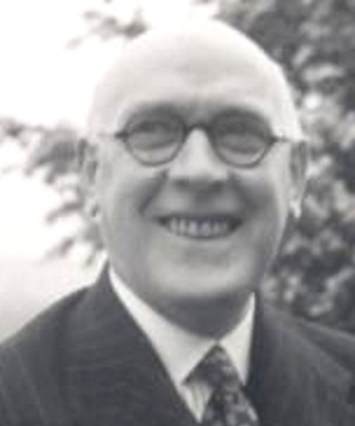Few businessmen have gone to the lengths that Stuart Sanderson did to protect the interests of their employees. Faced with recession and the threat of closure, the Scottish tweed manufacturer refused to dismiss any of his workers. He and his wife Bina were accustomed to seeking the guidance of God in how to run their business in Galashiels in the Scottish Borders. They had the thought: 'Dismiss nobody. Keep the mill going. Put all your resources into doing it.'
It was then that they took the decisive action that was to astonish, and dismay, some of their close friends, in defying established conventions and customs. They sold their house and car and moved to a cottage close to the mill in order to release capital. In doing so they retained the skills of all their employees, whilst they themselves remained in the cottage for 18 years.
They faced opposition from some in a traditional atmosphere where divergence from the formality of familiar ways was severely frowned on. Yet they never wavered. Sanderson’s motto had always been: 'Whatever you undertake, put your very best into it.' He and Bina were, in the words of their friend Loudon Hamilton, 'true pioneers. They refuted the Marxist claim that ‘You can always depend on the capitalists to put profit before ideology’.'
Like Hamilton, Stuart and Bina had met and joined Frank Buchman, founder of the Oxford Group, in the early 1920s. Their home became the first in Scotland to welcome, and act as a base for, those associated with the Christian lay movement. Buchman’s work had a profound effect on the practice of their faith and on his church life. Brought up in a God-fearing family, and an Elder in his church, Sanderson resumed his somewhat neglected duty of visiting his congregation members. His minister commented: 'If only every minister in Galashiels had an Elder like Stuart Sanderson, it would make a mighty difference to the churches in this town.'
On his retirement, they moved to Whitehall Court, near the Embankment in London. He was involved in the purchase of the Westminster Theatre in 1946 as a centre for Christian plays, bought in memory of those associated with Buchman’s work who had lost their lives during the war. He served as one of the first trustees of the theatre.
He developed many contacts with industrial leaders, becoming their friend and confidante, and encouraging them to base their policies and lives on something bigger than material success. He would impart to them his vision of business and industry as a force that shapes the destiny of the world.





